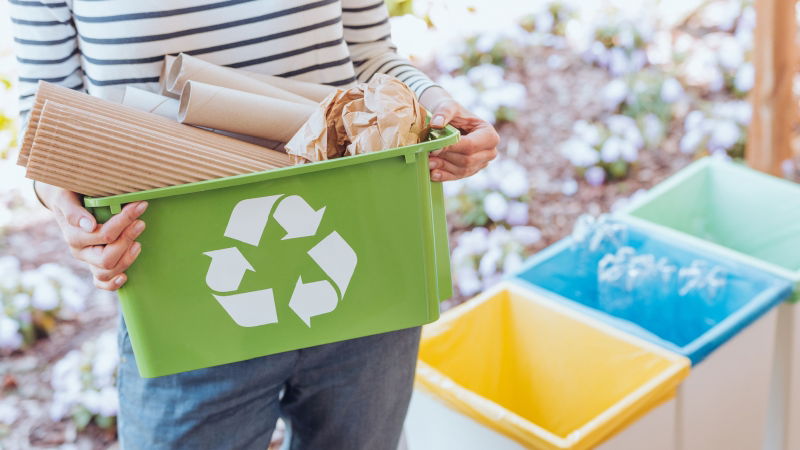



Industry partners come together to further commit to zero waste Philippines
share on
The Philippine Alliance of Recycling and Materials (PARMS), an industry-wide non-stock and non-profit coalition of stakeholders across the supply and waste value chain, has come together for the 22nd Signing Anniversary of Republic Act No. 9003.
RA No. 9003 or the Ecological Solid Waste Management Act of 2000 mandates a necessary policy framework, institutional mechanisms, and mandate to the local government units (LGUs) to achieve 25% waste reduction through establishing an integrated solid waste management plan based on 3Rs—reduce, reuse, and recycle.
During a two-day conference held in Quezon City, the new Extended Producers Responsibility (EPR) Law, also known as RA No. 11898 was discussed, explaining how obliged enterprises are mandated to divert a certain percentage of their verifiable plastic footprint year-on-year. In response, the members of PARMS laid out plans to step up their Zero Waste to Nature (ZWTN2030) roadmap, which was first announced in 2020. This declaration of commitment, alongside other implementable policies by PARMS members aims to implement up-to-date sustainable practices and systems across the industry to reduce, collect, and recycle waste in Philippines.
Other industry partners from the private sector including Plastic Credit Exchange (PCX) and Basic Environmental Systems and Technologies (BEST) also discussed their contributions to this goal and showcased their programmes to aid in post-consumer plastic collection.
Don't miss: IKEA Global reduces 1.4 million tons of carbon emissions as part of sustainability goals
“In 2023, we mark the start of the EPR journey in achieving a waste-free Philippines,” said the vice chairman of the National Solid Waste Management Commission and the founding president of PARMS, commissioner Crispian Lao.
Further highlighting the opportunity for green jobs to thrive through this course of action, Lao added: “With the commitment and support of the government, private sector, civil society, and NGOs, we can kickstart plastic waste circularity, while investing in the waste sector and its many workers and groups.”
“We need to change the mindsets fundamentally about plastics and focus where plastic streams are seen as a resource with value. Only with this value proposition is realised, we will see positive change,” said DENR secretary Toni Loyzaga in her keynote address during the conference, as read by Usec Juan Miguel Cuna. “We look forward to the successful implementation of the new EPR Act and as we continue to harmonise our efforts in reducing the country’s plastic waste to achieve plastic neutrality.”
Anchored on the 4Rs of Reduce, Reuse, Recover and Recycle, and with localised EPR, PARMS commits to implement a competitive, standardised, transparent, accountable, and inclusive sustainable model to achieve Zero Waste Philippines in the next decade.
Lao responds to this call on behalf of industry, communities, and advocates, and shared, “The opportunity for green jobs to thrive is here, and we stand united and committed to achieve a zero waste Philippines.”
Related articles:
Coca-Cola uses recycled plastic to create sound samples with renowned music producers
Havaianas APAC aims to collect 10% of flip flops via recycling initiative
Coca-Cola uses packaging as 'billboard' to push 'Recycle Me' messaging in ASEAN
share on
Free newsletter
Get the daily lowdown on Asia's top marketing stories.
We break down the big and messy topics of the day so you're updated on the most important developments in Asia's marketing development – for free.
subscribe now open in new window
